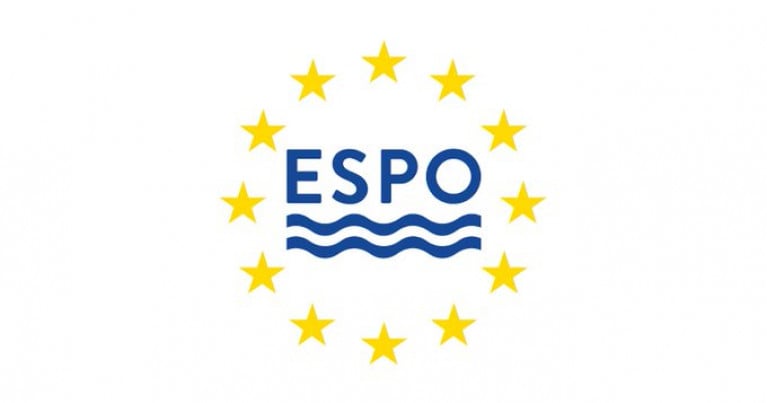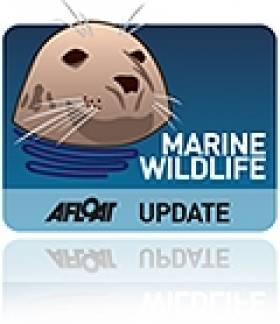Displaying items by tag: increase
Government is being asked to prioritise money for military radar equipment, including primary radar, RTE News reports.
The Minister for Defence is expected to recommend a major increase in defence spending at the Cabinet meeting later today, describing it as the "biggest Government decision on the Defence Forces in living memory ... and one of the biggest things I have ever done in politics".
Simon Coveney will update the Government on how to proceed with the recommendations made by the Commission on the Future of the Defence Forces.
The minister will ask colleagues to increase defence force spending from the current €1.1 billion annually to €1.5 billlion by 2028.
This is the recommendation for what was termed "level two ambition" in the commission's report.
The commission had called for this target to be achieved by 2030, but Mr Coveney is aiming to have the funding in place two years earlier.
More here on this spending programme.
For the second year in a row, the overall number of women participating in the European Sea Ports Organisation (ESPO) Committees meetings has increased.
In 2021, taking all technical committees together, women represented 38,87% of the port professionals who attended ESPO meetings. This represents a 3% increase compared to the numbers in 2020. Ever since ESPO started monitoring the gender balance of its internal meetings in 2018, that number has been steadily increasing.
A closer look into the results of the different technical committees reveals that a majority of ESPO committees have seen an increase in the share of women attending the meetings in 2021. The Blue Growth Network reports the best result with 64,71% of women attending its meetings, an increase of 6% compared to 2020. The Sustainable Development Committee and the Cruise and Ferry Port Network both had an almost equal representation of men and women at their meetings, a stable trend in both committees compared to 2020. Even if we see a slight decrease compared to the previous year, 4 participants out of 10 in the Port Governance and Management Committee in 2021 were women.
Two Committees showcase the biggest increase, with 12% more women taking part in the meetings of the Intermodal, Logistics & Industry Committee and the Economic Analysis and Statistics Committee (in total 36% and 37%, respectively). The Energy Network, the General Assembly, and the Executive Committee, gathered on average one third of women at their meetings (34%, 33% and 31%, respectively). The Trade Facilitation, Customs and Security, and Marine Affairs Committees show the lowest percentage of women attendees last year with 19%.
“It is very encouraging to see that also in a challenging year where many port professionals had to work from home, combining more than ever work with family, the female attendance to ESPO meetings has grown. Referring to this year’s theme for the International Women’s Day, I invite every port in Europe to break the bias that still might exist for recruiting women for certain functions in the port. Job offers and profiles for jobs in the port must attract women to the port and not discourage them,” says ESPO’s Chair Annaleena Mäkilä.
Since 2018, ESPO has been monitoring the gender balance through the effective attendance of port professionals to the different meetings of the organisation. The results of this monitoring are published each year on the occasion of the International Women’s Day. ESPO is also one of the founding members of the European Commission’s initiative “Women in Transport – EU Platform for change”, launched in 2017.
Michael Viney writes in The Irish Times on growing concerns over lion's mane jellyfish and other harmful species in Irish waters.
The lion's mane is among the largest jellies found in Ireland and comes with a powerful sting, enough to disrupt "the stoical bliss normal to Dublin's Forty Foot bathing cove".
"Last year, the jellyfish was even more abundant in the Irish Sea than in 2009, and sightings from ferries found them from coast to coast," says Viney, who notes their and other jellies' dangerous effects on the marine industry and ocean ecosystems.
The decline of certain plankton-feeding species such as herring due to overfishing, coupled with a rise in sea temperature, has led to a marked increase of jellyfish of many different species in our waters such as the mauve stinger, which is blamed for decimating a Co Antrim fish farm's entire salmon stock.
The Irish Times has more on the story HERE.

























































